Iranian, Chinese FMs pledge to fight 'illegitimate, unilateral' sanctions
As the United States slaps new sanctions on Tehran, the Iranian and Chinese foreign ministers have asserted that they will fight Washington’s "illegitimate and unilateral" sanctions against independent countries.
On Wednesday, the US Treasury announced a fresh round of sanctions on an individual and companies linked with him for providing assistance to Iran’s ballistic missile program.
Hossein Amir-Abdollahian and Wang Yi talked on Thursday about taking measures to counter the unilateral imposition of illegal sanctions.
During a meeting in Tunxi, China, on the sidelines of the third summit of the foreign ministers of Afghanistan’s neighbors, the two foreign ministers also discussed the latest developments around the Vienna negotiations on the revival of the 2015 Iran deal.
Amir-Abdollahian referred to the use of sanctions as a pressure tool by Western countries against independent nations, saying it was important to defy the sanctions in order to contribute to the establishment of stability and the prevention of Western-created crises.
A day earlier, Russia’s Foreign Minister Sergei Lavrov said Moscow would work with Tehran to take practical steps in an effort to circumvent Western sanctions.
Russia has overtaken Iran as the world’s most-sanctioned country since it launched the military campaign against Ukraine on February 24.
The Iran sanctions, however, came after former US president Donald Trump declared an unprovoked withdrawal from the Joint Comprehensive Plan of Action (JCPOA), commonly known as the Iran deal, in May 2018 and targeted the Iranian economy with what he called a “maximum pressure” campaign.
Negotiations were launched between Iran and the remaining JCPOA parties in Vienna last April to bring the US back into compliance with the accord under the Joe Biden administration.
However, Washington has imposed several rounds of sanctions against Iran since the talks began, in what has been perceived in Tehran as bad faith measures by a Joe Biden administration that had promised to rejoin the JCPOA and remove the anti-Iran sanctions.
Throughout the course of the Vienna talks, Russia and China have supported Iran’s position on the need for the US to remove all post-JCPOA sanctions and offer assurances that it will not leave the deal again.
During the Thursday meeting, Amir-Abdollahian further underscored the necessity of activating the two countries’ capacities to expand ties, especially in the economic sector.
The chief Iranian diplomat also noted that the two countries have important cooperation in international organizations against the politicization of human rights and interference in the domestic affairs of countries.
For his part, Wang thanked Amir-Abdollahian for his attendance at the Afghanistan summit and underscored the need to implement the 25-year strategic partnership agreement between Tehran and Beijing.
In January, Amir-Abdollahian Wang signed the final documents to announce the start of the Comprehensive Strategic Partnership between the two countries.
The deal allows China to commit to hundreds of billions of dollars in investment in various sectors of the Iranian economy. Iran, in return, will commit to providing China with a stable supply of energy over the next 25 years.
The Sino-Iranian Comprehensive Strategic Partnership was announced in a joint statement during a visit by Chinese President Xi Jinping to Tehran in 2016. It was officially signed in March 2021.
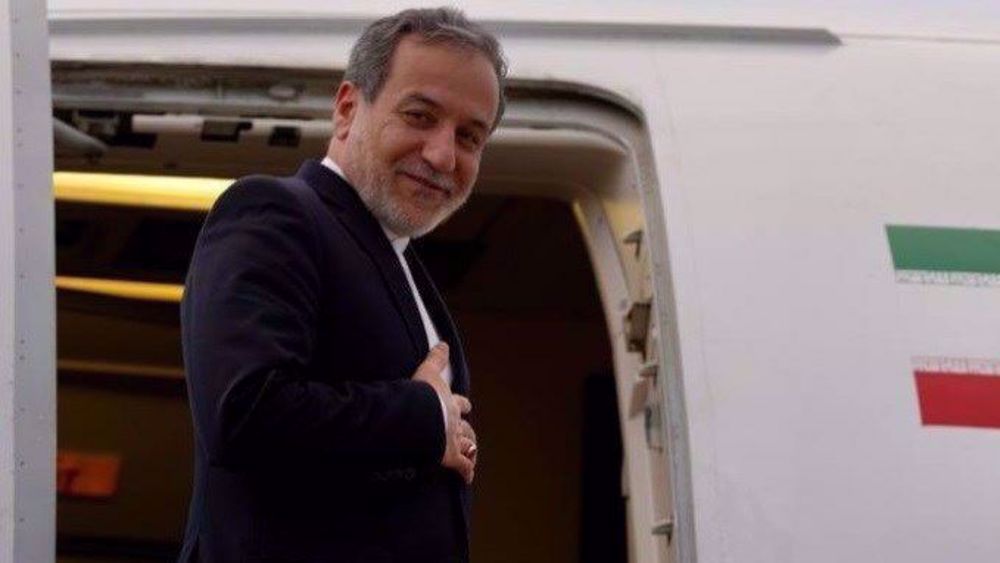
Iran, China working resolutely to safeguard mutual interests: Tehran says as FM departs for Beijing
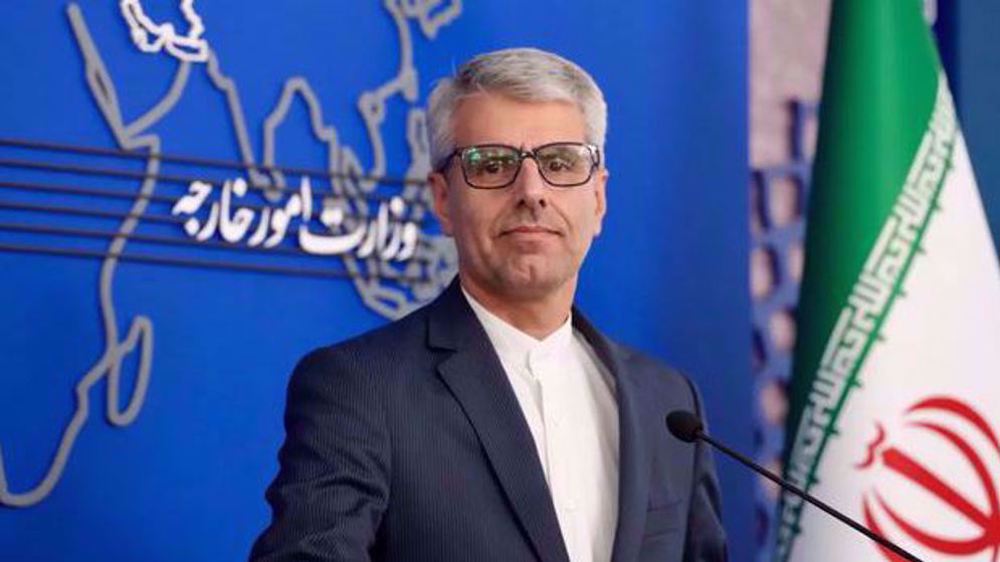
Iran says expert-level talks with US postponed to Saturday
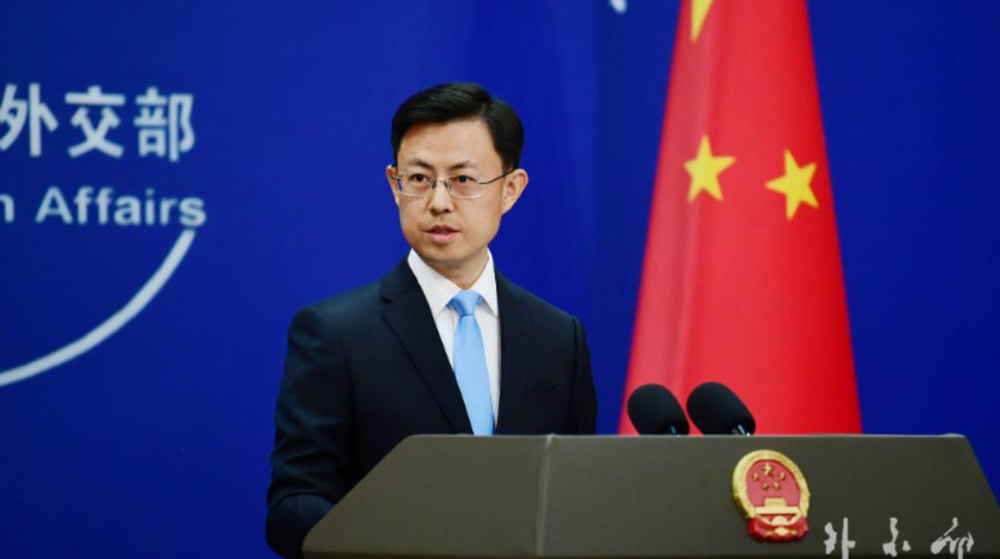
China says expects ‘in-depth’ talks during Iran foreign minister’s visit
VIDEO | Iran-China-Russia partnership
VIDEO | Press TV's news headlines
Netanyahu’s anger source of joy for us: Ansarullah
Iran, China working resolutely to safeguard mutual interests: Tehran says as FM departs for Beijing
Yemen asserts enhanced military readiness; takes US aircraft carriers under firepower
VIDEO | Iran seeks foreign investment to boost oil, gas sectors
Iran condemns terror attack in India's Kashmir region
After second Signalgate scandal, Democrats call for Hegseth’s resignation


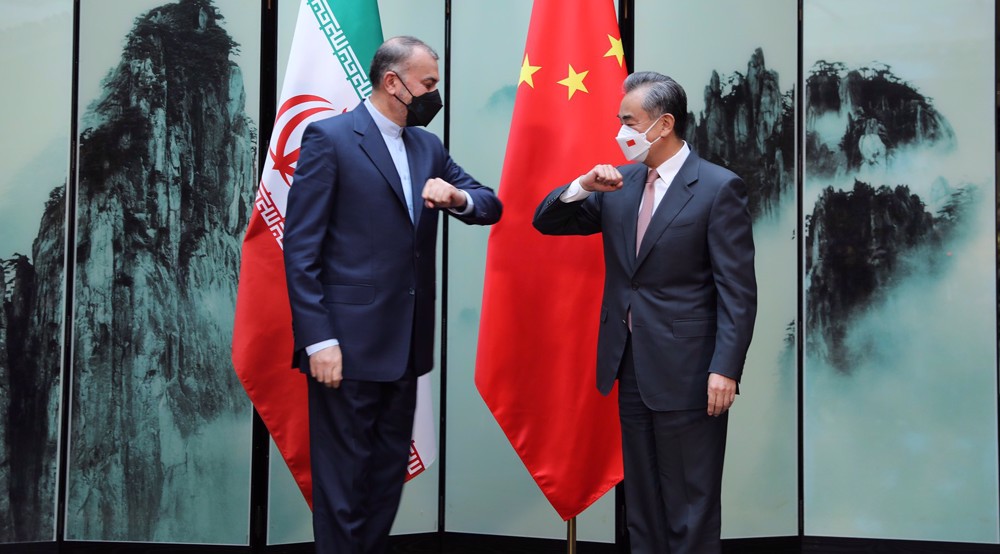
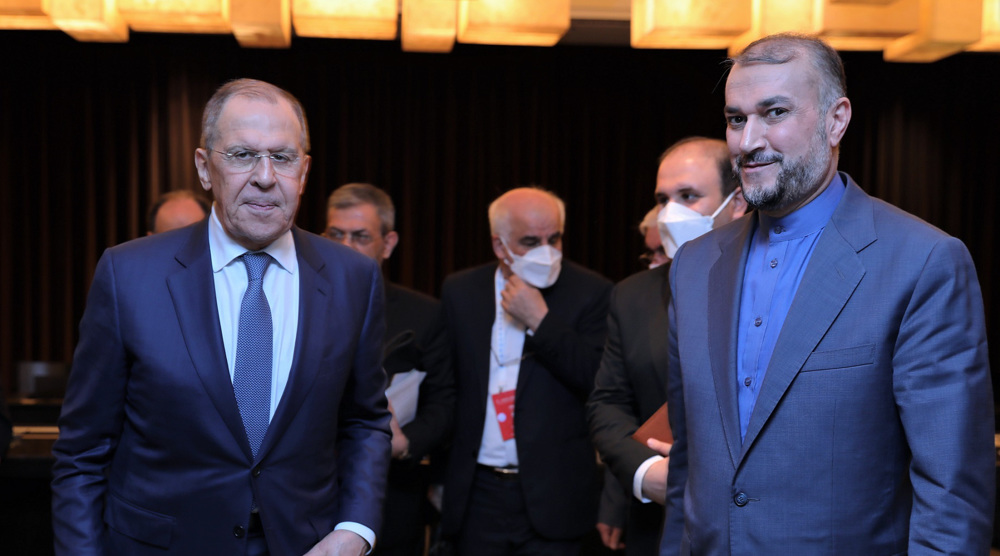
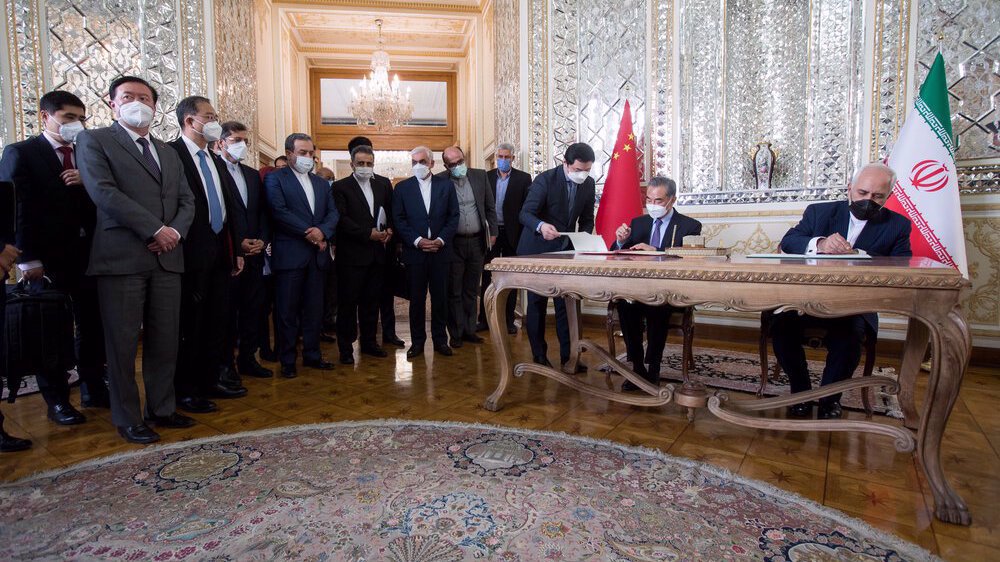



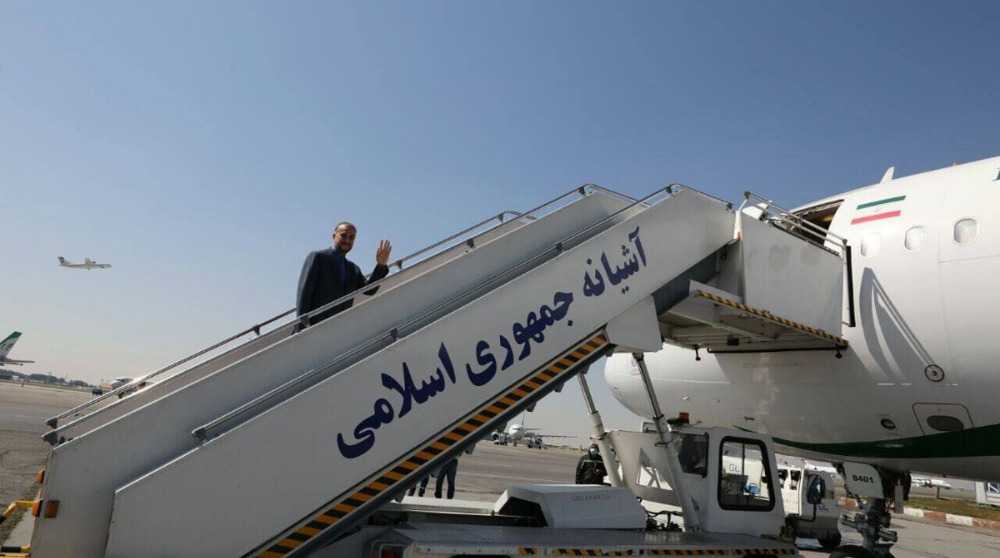
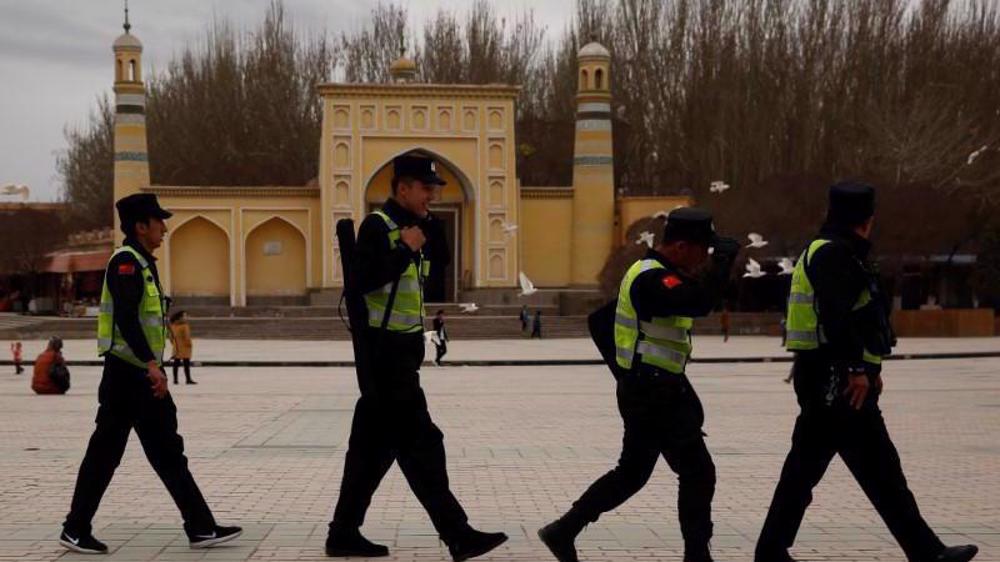
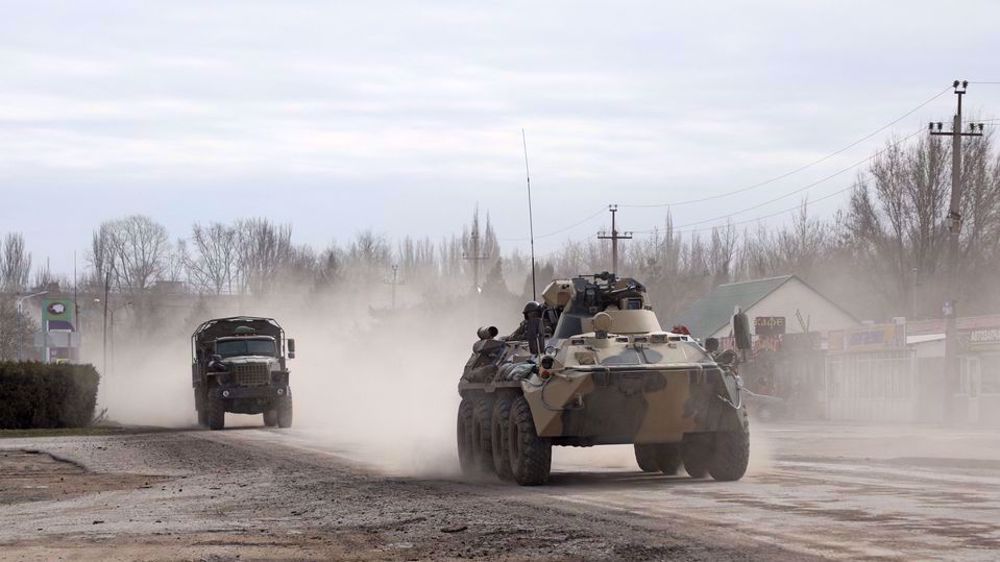

 This makes it easy to access the Press TV website
This makes it easy to access the Press TV website